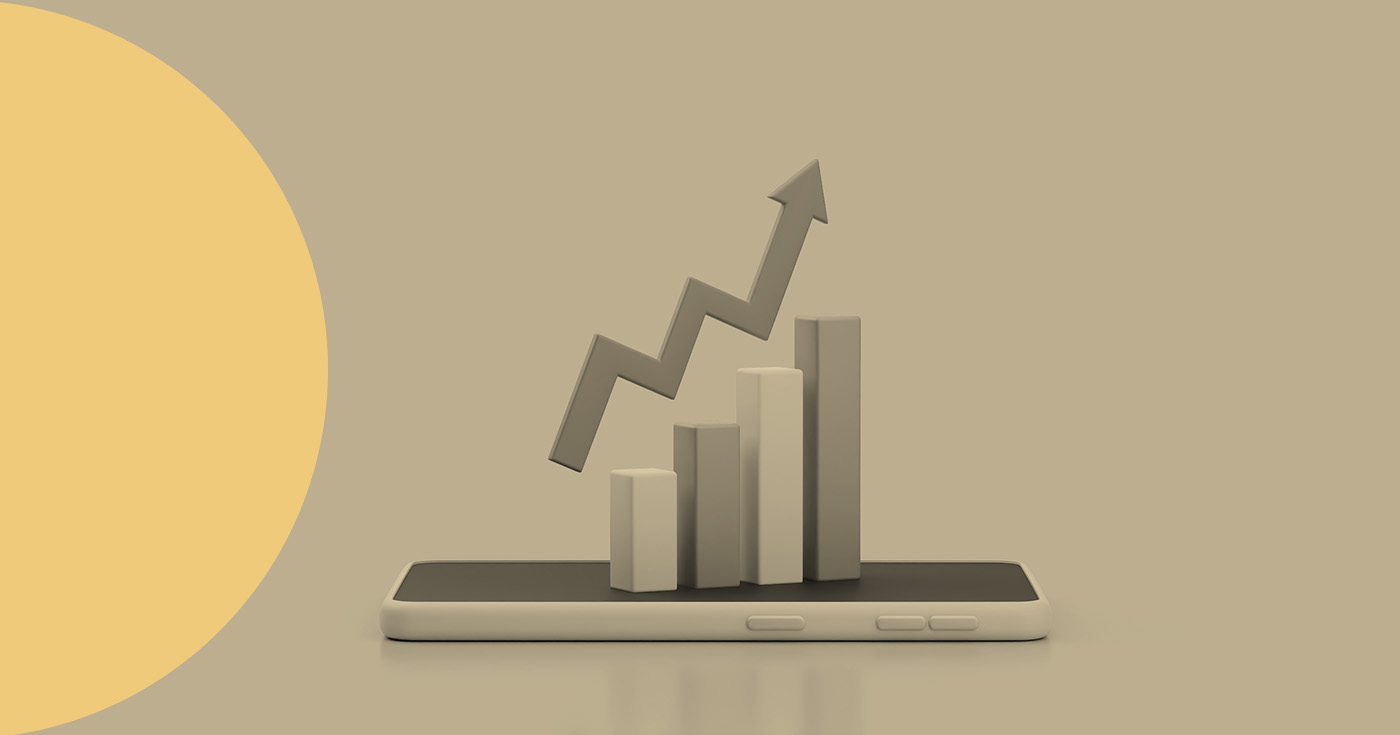
When is the best time to sell your investments?
Last Updated on 18 June 2024 by Equipo Urbanitae
Determining the best time to sell your investments is a challenge every investor faces. While there is no magic formula to always get it right, certain factors and signals can help you make an informed decision. This article explores some key considerations to optimize your selling timing and maximize your gains.
1. Personal financial goals
The first aspect to consider is your personal financial situation and long-term goals. Ask yourself why you invested in the first place and if you have achieved your goals. If your investment has grown enough to meet your objectives, such as buying a house, paying for your children’s education, or retiring comfortably, it might be a good time to sell. Don’t necessarily wait to maximize every penny of profit if the current return meets your needs.
2. Market evaluation
Another important consideration is the current state of the market. Selling when the market is up might seem obvious, but it’s crucial to assess whether this growth is sustainable or if there are signs of an imminent correction. Factors like inflation, interest rates, and general economic indicators can offer clues about the future direction of the market. Stay informed and analyze if the economic environment supports the continued performance of your investment.
3. Investment performance
Review the specific performance of your investment. If it has experienced significant growth and is at a high point compared to its historical performance, it might be a signal to sell. However, don’t sell solely based on past gains; also consider whether the investment still has growth potential. Extremely high valuations may indicate it’s time to capitalize on the gains.
4. Diversification and rebalancing
Diversification is crucial to reducing risk in your portfolio. If a particular investment has grown disproportionately and now represents too large a portion of your portfolio, it might be wise to sell part of it to rebalance your investments. Maintaining a balanced portfolio according to your initial risk profile helps protect your assets against volatility.
5. Changes in the company or project
For those investing in stocks or specific projects, such as real estate crowdfunding, internal changes in the company or project can be decisive. A change in management, business strategy, or market conditions of the project can influence future profitability. If there are signs that the company or project is losing competitiveness or facing significant challenges, consider the possibility of selling.
6. Personal and emotional factors
Investment decisions should not be based solely on rational factors; personal and emotional aspects also play a role. If the investment is causing significant stress or affecting your emotional well-being, it may be better to sell and reinvest in something that brings you more peace of mind. Your mental health and quality of life are equally important.
7. Alternative investment opportunities
Finally, evaluate whether there are other more attractive investment opportunities. If you can reinvest the funds in an option with better growth potential or lower risk, it might be the time to sell your current investment. Always compare the expected return of the new investment with the return and risk of holding the current investment.
In conclusion
Determining the best time to sell your investments requires careful evaluation of multiple factors. From your financial goals and market performance to changes in company conditions and personal factors, each aspect plays a crucial role. There is no single answer, but by considering these variables, you can make more informed and strategic decisions. Remember, investing is a marathon, not a sprint, and the right time to sell is just as important as the initial investment choice.

